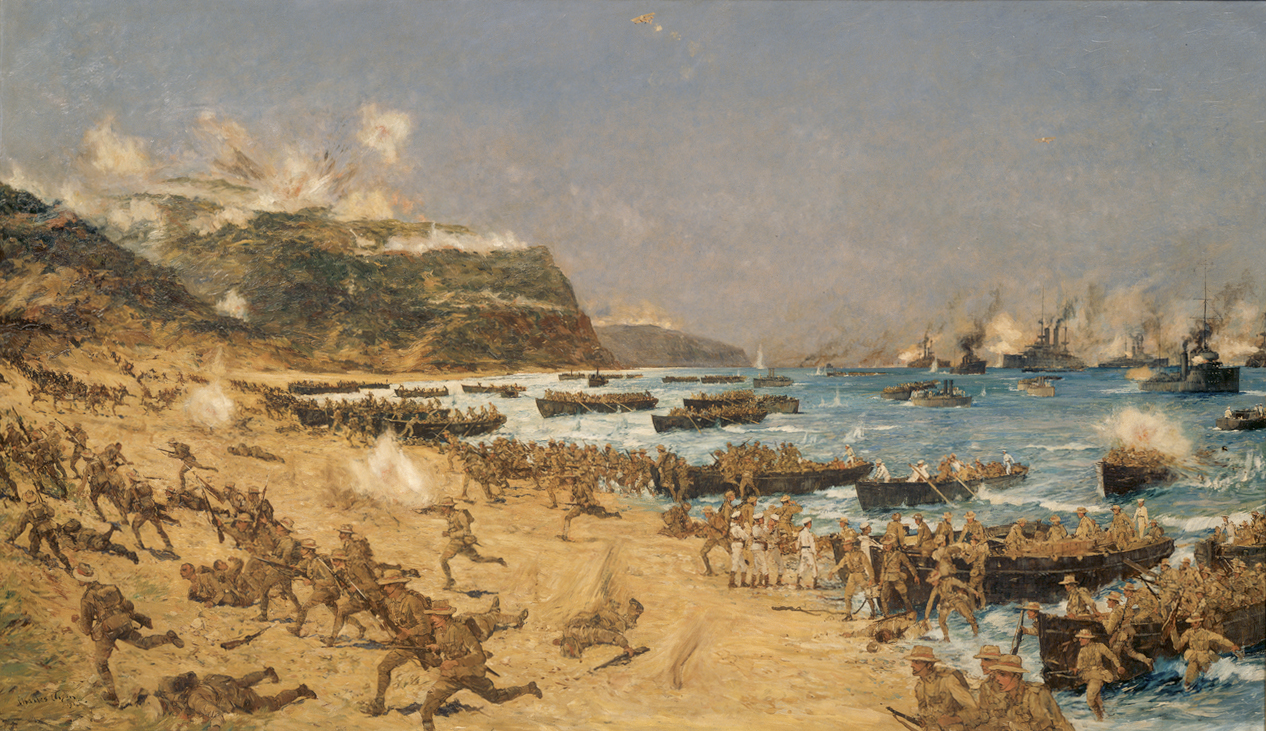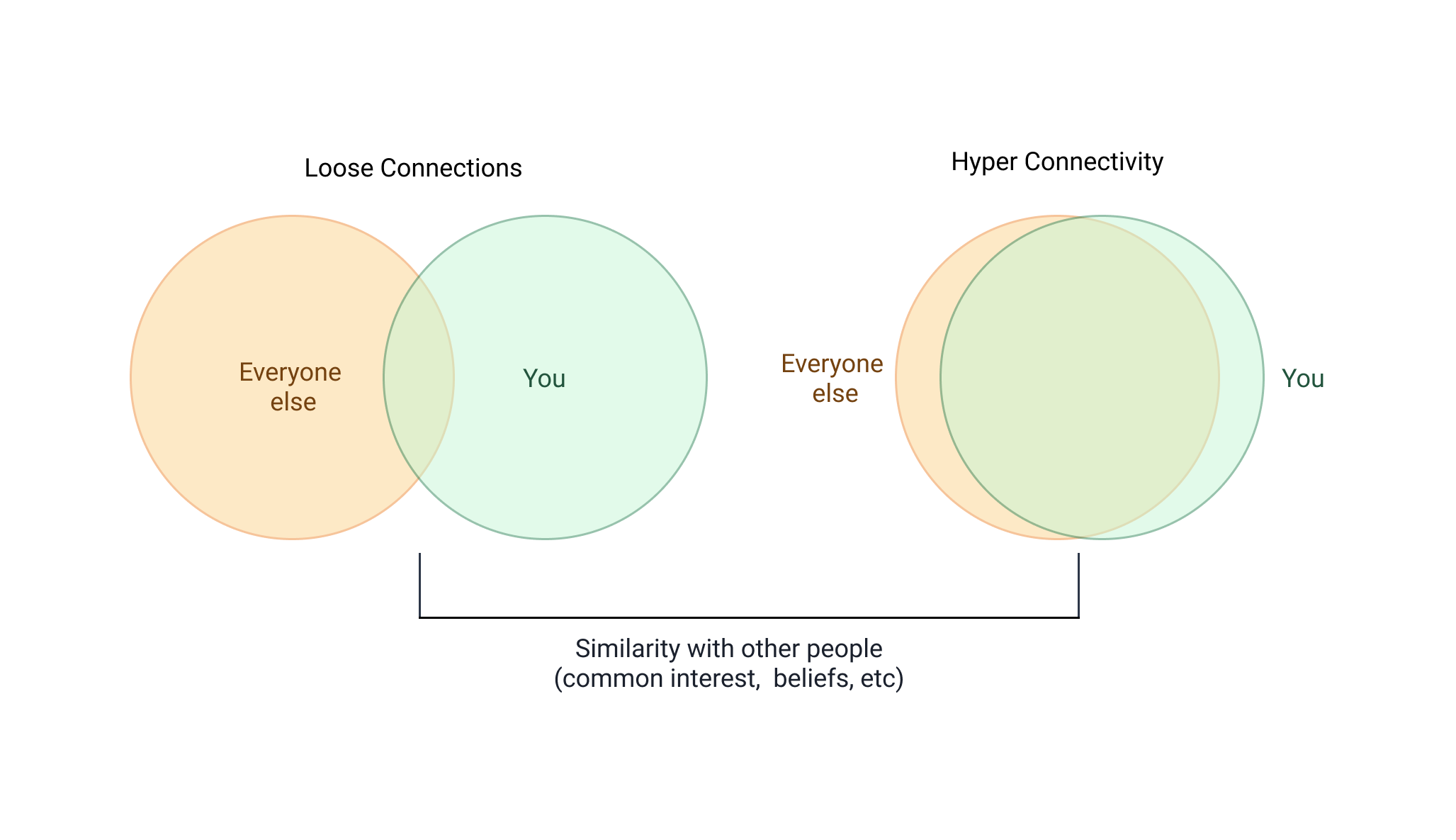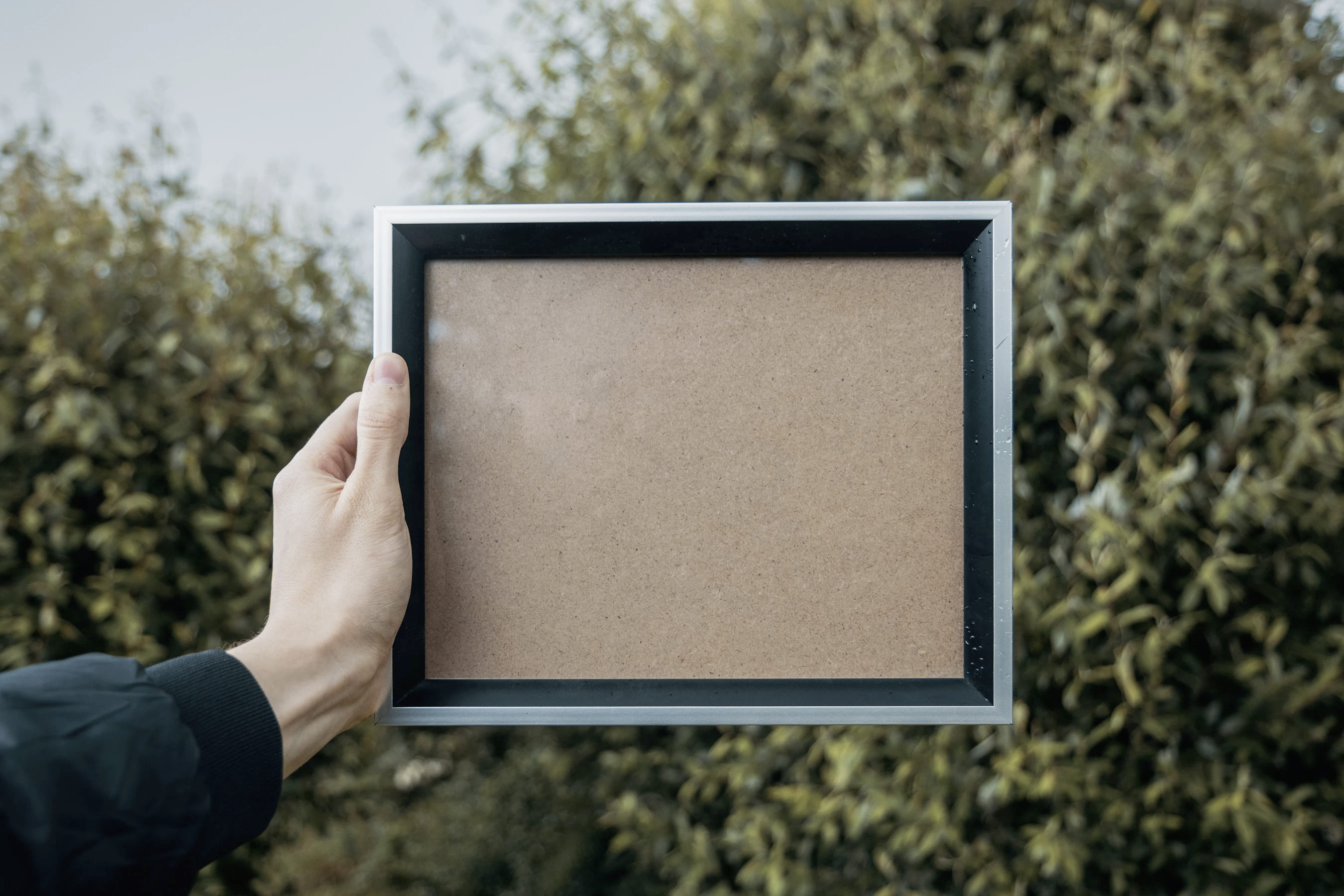May 17, 2020
The Virtues of Isolation
Justin Liwag
“Every prophet has to come from civilization, but every prophet has to go into the wilderness. He must have a strong impression of a complex society and all that it has to give, and then he must serve periods of isolation and meditation. This is the process by which psychic dynamite is made.” — Winston Churchill
Before Winston Churchill became the infamous wartime Prime Minister of England, he was considered a political and military failure.
During World War I, Churchill was Britain’s Lord of Admiralty (i.e., secretary of the navy). Churchill’s turning point in his career happened when he made the fateful decision to attack Turkey at Gallipoli. This eight and a half month-long battle involved over a million men. It ended in disaster. With almost five hundred thousand casualties, it was a brutal and humiliating defeat for the British.

Churchill was dismissed from his position and not allowed further to conduct any actions for the rest of the war. Churchill considered it the greatest failure of his career. “Looking back, with after-knowledge and increasing years,” he later wrote, “I seem to have been too ready to undertake tasks which were hazardous or even forlorn.” His wife would then tell a biographer that, given the enormous burden of all the needless bloodshed and loss of life, she thought Winston “would die of grief.”
Following this disaster, Churchill was forced into political exile. He described this period as his “wilderness years.” He spent much of the next few years focusing on writing, giving lectures, and ultimately bringing attention to what would eventually grow into Germany’s Nazi party.
This period of isolation allowed Churchill to narrow his focus and take a step back to be an observer to what was not only Britain’s most significant threat but also the worlds. The public and political opinion on post-WWI Germany was one of passivity and tolerance. Many felt that Germany was beaten into submission, but what they took for subservience was resentment and embarrassment.
This attitude towards Germany was a majority opinion at the time, and any opposing viewpoint was considered a minority. At a time when Britain was focused on reducing spending in military forces, Churchill argued that Germany was doing just the opposite.
These years in exile gave Churchill the perspective to see what was looming and the freedom to actively disagree with what was commonly considered the most prudent moves of the time. He became the foremost expert on this looming threat and firmly positioned himself as the only candidate to lead England through its toughest days in World War II.
Churchill’s time in exile was the defining moment in his life. What would eventually grow into his most important life’s work started from a seed in isolation. These times were difficult but formative.
For us, we are now in a different kind of exile. We are amid a pandemic that forced us to distance ourselves from others and change our way of life. We are now stuck on our own islands in an ocean that is now our new world for the foreseeable future.
While this is a difficult time for many, it also brings opportunities. An opportunity to retreat into ourselves and be introspective. A chance to press pause on a world that we thought would never stop moving. A chance to be alone.
As a culture, we have always been averse to being alone. Aloneness has a negative stigma. It is considered an inconvenience or even as a form of capital punishment. Science has often aligned it with other similar adverse outcomes. While extended and prolonged loneliness can lead to a wide range of neurosis and mental problems, it was also shown to be detrimental to even our physical health. Nevertheless, scientists and psychologists also believe voluntary solitude can be therapeutic and beneficial.
To realize the potential of isolation means to step back into what many avoid at all costs. It is not something that is novel or new, and yet it was something that was being unscrupulously eliminated from our daily lives. To explore this is to get to the bottom of what makes isolation important.
A Brave New Internet
The internet that we once knew changed right before our very eyes. What was once a novel and exciting new place is now an indispensable utility in all of our lives. Tools, like Slack and Zoom, are an essential part of the average workday. Social media platforms have stepped beyond being just a “fun toy” and have become advertising behemoths. Moreover, Netflix and YouTube are the new media giants on the block. Like kids, they grow up so quickly.
These vast empires were built on top of the most abundant and valuable resource available today:
You.
The watershed moment for this new age of the internet is when the average consumer began to have access to Facebook. This moment signaled the end of anonymity on the internet. When you registered, you put in your real name, where you lived, and who your friends were. You became a public figure.

This switch from screen names to real names fundamentally altered our relationship with the internet and the world. Whereas before, you would have been a ship passing in the night. Now, you are a plane with an identifiable tail number. People now know where you are going and actually care.
With the bridge between your real life and online life becoming increasingly shorter, it has led to an ease of connection that was historically unheard of. You were now able to find and connect with people you would have never had access to. People who love the same things we do or groups who had the same hobbies as us were now just a couple of clicks away.
But, like with any good thing, it had a price. The cost of this connection was the incentivized diminishment of the individual. A uniform standard of connection means a uniform method of participation.
This uniformity is what fuels our new internet.
This transition away from individuality had a unique effect on the internet because it created a void that had to be replaced by something. That something was other people. The diminishment of the individual has led us to now rely upon, depend, and imitate other people more-so than ever before, to adverse effects.
In an academic research study by researchers in France, England, and United States, it was observed that animals who have a natural inclination to be a member of the in-crowd could leave them overly dependent on the organisms surrounding them. Using mathematical models, they observed that animals might devalue their personal information in favor of copying others, resulting in sub-optimal collective behaviors even when individuals are aware of more suitable alternatives.
“Copying what other individuals do can be useful in many situations, such as what kind of phone to buy, or, for animals, which way to move or whether a situation is dangerous,” said lead author Colin Torney of the University of Exeter. “However, the challenge is in evaluating personal beliefs when they contradict what others are doing. We showed that evolution would lead individuals to overuse social information and copy others too much than they should.”

This connection with others has now become so ingrained into our daily lives that, to many, it makes it feel like a fundamental human right. To lose it has left us with withdrawals for it. But, this hyper-connectedness was, up until the creation of the internet, something many people lived without. In an age of letters, instead of texts and phone calls instead of FaceTime, people lived healthy and, some could argue, more fulfilling lives.
To go back to these times is wholly unrealistic and impractical. But, bringing principles and ideologies of a pre-internet world to today is not only possible but already here.
Via Negativa
When we have a problem in our life, our instinct is to add a new habit or find a solution. But in some cases, you can improve your life by taking things away. For example, the foods you do not eat are disproportionately more important than the foods you eat.
This natural inclination of addition is how we arrived at where we are today. We have taken technology at face value and assumed that any new tool or utility is beneficial. While it is true that anything that you add has a benefit, the opportunity cost of this new addition is often overlooked.
At the forefront of a new movement called Digital Minimalism stands Cal Newport. He a quiet and unassuming computer science professor at Georgetown University and believes that to lead more fulfilling lives, we need to rebuild our relationship with technology so that it serves us and not the other way around.
In his book Digital Minimalism: Choosing a Focused Life in a Noisy World, Newport explores the meaning of what it looks like to live a productive and ultimately happy life in the digital age. Newport argues that while technology has been tremendously impactful, it has reached a tipping point in which we are no longer benefiting from the mere presence of it in our life. To be a responsible person in life means moderation and thoughtfulness. Technology, up until this point, was exempt from this scrutiny.
Taking back control of our digital lives is not done by just deciding to do so. It takes a concerted effort and small steps in the right direction.
In his book, Newport listed that the essential principles of digital minimalism were to:
Seek Boredom
The default state of our culture is to now be connected continuously. But, to think clearly and effectively means seeking physical and mental isolation (not exactly the toughest thing to do at the moment). Rather than having a fear of missing out on texts, messages, and email, you should aim to try and detach more by doing things like leaving your phone at home when going for a walk or simply resisting the urge to check your phone when you are bored in line at the grocery.
This negative space, this boredom is what fuels our creativity. By resisting the urge to look at our phone for small moments, we build up a tolerance and appreciation for the quiet moments that let us mentally breathe. This is why we sometimes have our most brilliant moments in the shower. It isn’t a coincidence that the one place we don’t usually take our phones into is where we occasionally have our best ideas.
Redefine Leisure
One of the reasons why technology is so addicting is that it has replaced a lot of our hobbies and leisure activities. It’s easier to scroll through an Instagram feed instead of reading a book. It’s easier to watch something on Netflix rather than paint a picture or learn some new skills. This is not a judgment of your personal motivations but speaks to the strength of technology’s allure.
By making a concerted effort to reclaim or learn new physical or offline hobbies, we can lead a more balanced lifestyle. This demand for new hobbies is being demonstrated right now by people who are stuck at home. People need to do something with their hands and somehow connect to the physical world. The lack of human connection is now fueling people’s desire to maintain a sense of normalcy through physical hobbies.
This is why we are now seeing people learning to bake their own bread or start small herb gardens at home. Even when surrounded by the technology around us, we still cannot help ourselves. We need to lean into it more.
Start over with social media
A minimalist is someone who spends less money and owns fewer things than their peers. They tend to be much more intentional and sometimes quite radical in shaping their lives around the very few things that matter to them.
This attitude is one we can apply to social media by starting over with our relationship with it. One strategy Newport outlines in his book is to have a digital detox. For one month, you are to try to eliminate as much of your personal social media use as possible. Whether it’s by deleting all the apps of your phone or scheduling usage of it, you are trying to create a hard reset point.
The purpose of this is to start from scratch, and then add back these different platforms into your life piece by piece. The hope is that by the end of the detox, you realize what is really important to your actual life. To many who go through this experiment, they realize that what they thought was critical to their lives was merely a convenient utility.
This strategy resembles a minimalism tactic called a packing party. A packing party works by packing all the things in your house into boxes and then throughout the next couple of weeks, “unpacking” anything that you need to use. At the end of the month, items that are still in a box gets put on the chopping block as it is something you probably don’t need anymore.
Be Elusive
This is by far the hardest tenant to follow, but it is the most impactful. The notion of being disconnected bothers a lot of people because of the fear of missing out. Missing a slack message or an email is seemingly hard sell to most people because it seems harmless, but this constant connectedness has had an adverse effect on us.
By willingly fracturing our time, we are losing our ability to focus for long periods. In a study done by Sophie Leroy, she introduces the concept of attention residue, which is the cost of switching between tasks and inputs. Every time we switch tasks, we carry over what we were initially working on to the next task. This lingers with us for some time. As we switch more and more, it becomes harder to shake off this “residue” and, in essence, concentrate on demanding tasks.
To combat this, Newport suggests blocking out or scheduling your communication time so that they can be completed in batches. This means that when you are scheduled to check your email at noon, you have your email client closed until that time, and no email is checked in the interim. This being for the simple reason that if you even see an email notification and do not respond to it, you are already distracted and thinking about it.
It is noted that this, of course, does not always apply to all scenarios. Some jobs require quick response times to extremely sensitive functions, but these are usually surprisingly few and far between in most cases. What is “critical” in most cases is typically an email that can be handled during your assigned window instead of right now.

Newport’s message within digital minimalism is simple. We have willingly embraced technology, but we never stepped back to take a look at the disadvantages of doing so. As we go through this pandemic isolated in our house, these tactics and exercises are extremely valuable in bringing us down to our roots and helping us take a proactive role in our solitude.
To be more deliberate leads to satisfaction. Digital minimalism is the new diet for what is now an unhealthy tech lifestyle.
Room 552
On a damp and overcast morning in England, a woman sat in front of her computer. The cursor blinked in front of the last word she had written. Without the faintest clue of what would come after, she stood up and paced the room. This left indents on the carpet that soon resembled a small crop circle on the den’s floor.
Frustrated and frankly almost out of time, she needed to do something. She needed to get away from the publisher’s demands, the constant pitter-patter of feet in a distant hallway, and, most of all, the distractions.
That very same day, she booked a room at The Balmoral Hotel, Room 552. She disappeared into what would become many long nights and early mornings. After six months of disciplined writing, it was done. The final Harry Potter book was finished.
J.K. Rowling cited that this grand gesture is what it took to finish what would be the last book and conclusion to the end of her beloved series.
She ended up leaving a note behind a small statue in the room that she spent those six months in, a tribute to her time alone.

How will you spend your time alone?
Edit: This post was written before JK Rowling revealed her unfortunate views on the LGTBQ+ community. I do not agree with or condone her views and attitudes.
Enjoy the Article?
Feel free to check out what I am reading right now or visit my public External Brain. This is where I store useful or interesting links that I read or come across.